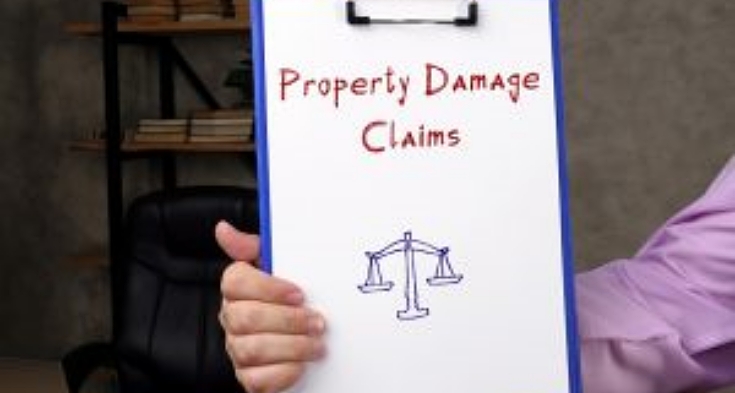
Healthcare practitioners in Florida dedicate years to building a practice and reputation. When the Florida Department of Health (DOH) issues an Emergency Restriction Order (ERO), that career can change overnight. An ERO is an urgent, nonfinal order that restricts a licensee’s ability to practice when regulators believe there is an immediate serious danger to the public.
For many providers, receiving an ERO is devastating. It can tarnish professional reputations, limit income, and cause long-term damage to a career. However, the law provides an avenue of relief: filing a timely petition for review. This article explains what an ERO is, why petitions for review matter, and how healthcare professionals can mitigate the impact of an ERO by acting quickly and strategically.
What is an Emergency Restriction Order (ERO)?
An Emergency Restriction Order is issued by the Florida Department of Health when the agency determines that allowing a licensed professional to continue practicing without restrictions poses an immediate threat to public safety. Unlike an Emergency Suspension Order (ESO), which completely suspends a license, an ERO imposes specific restrictions on practice.
Examples include prohibiting certain procedures, limiting the ability to prescribe controlled substances, or requiring direct supervision.
The authority for issuing these orders comes from Florida Statutes Section 120.60(6), which allows agencies to take emergency action against a license when immediate and serious danger is present. The statute requires the order to be narrowly tailored and supported by specific facts.
The Impact of an ERO
Even though an ERO is technically temporary, its effects can be severe. Common consequences include:
Reputation damage: Patients, employers, and peers may lose trust in the professional.
Loss of income: Restrictions may prevent the provider from performing core job functions.
Licensing consequences: An ERO often triggers disciplinary proceedings that may last months or years.
Public record: EROs are published by the DOH, making them visible to employers, insurers, and patients.
For these reasons, taking swift action is essential to limit the fallout.
The Role of a Petition for Review
Florida law allows licensees to challenge EROs by filing a petition for review with the appropriate District Court of Appeal. This is not a rehearing of the case but a judicial review to determine whether the DOH met its legal burden.
Timeframe
Petitions must generally be filed within 30 days of the ERO being served.
Missing this deadline can forfeit the right to review
What the Court Considers
The court examines whether:
The DOH established an immediate serious danger.
The order is narrowly tailored to address that danger.
The findings of fact are supported by evidence.
If the court finds the order defective, it can be vacated or modified.
Why Timeliness Matters
Time is the most critical factor in mitigating the damage of an ERO. Here’s why:
Immediate restrictions continue until review: Delays mean prolonged professional limitations.
Public perception worsens over time: The longer the order remains in effect, the greater the reputational harm.
Strategic defense requires preparation: Attorneys need time to gather evidence, build arguments, and draft the petition.
Acting quickly maximizes the chances of overturning or narrowing the restrictions.
Case Examples
Rasul v. Department of Health (2024)
In this case, the court reviewed whether the DOH had properly justified its emergency restriction. The ruling emphasized that EROs must be based on solid evidence and cannot be overly broad. This case illustrates the power of appellate courts to check DOH actions.
Lang v. Department of Health (2020)
The court noted that emergency orders must be narrowly tailored and fact-specific. Broad restrictions not directly tied to the alleged danger are likely to be struck down.
These cases demonstrate the importance of judicial review in protecting licensees from excessive restrictions.
Steps to Take After Receiving an ERO
Do not ignore it: The order is enforceable immediately.
Consult an attorney right away: Seek a lawyer with experience in administrative and healthcare law.
Gather evidence: Collect patient records, policies, and professional history that support your defense.
File a petition for review quickly: Ensure it is filed within the 30-day statutory deadline.
Consider parallel strategies: In addition to the petition, your attorney may explore settlement or modification options with the DOH
Strategies for Mitigating Damage
Proactive communication: Inform employers and patients about the situation carefully to preserve trust.
Reputation management: Monitor public records and prepare professional statements if necessary.
Document compliance: Demonstrating strict adherence to the restrictions can strengthen your case.
Leverage expert testimony: Medical and legal experts can provide opinions that counter the DOH’s claims.
Conclusion
An Emergency Restriction Order from the Florida Department of Health can jeopardize years of professional dedication. While the impact of an ERO is serious, it is not final. Filing a timely petition for review is the most powerful tool to protect your license, livelihood, and reputation. By acting quickly, consulting experienced legal counsel, and building a strong defense, healthcare professionals can mitigate the damage and move forward in their careers.





